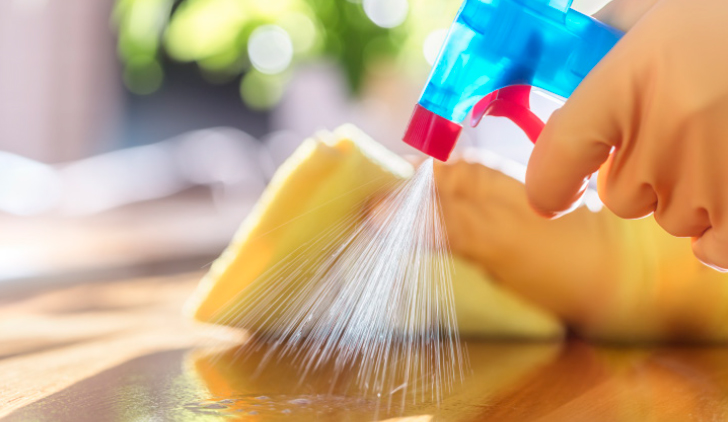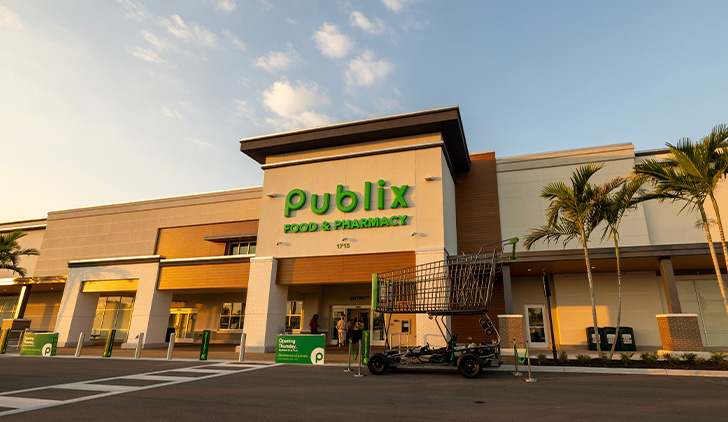
Cleanliness is not just about appearance — it’s also an important part of food safety. Since September is National Food Safety Education Month, we’re sharing tips to help keep you and your loved ones healthy and your kitchen a clean and sanitary environment for preparing food.
Chemicals and tools
Having the right cleaning tools and chemicals to clean your kitchen is important. Cleaning products can range from multisurface cleaners to degreasers. Be sure to clean your kitchen counters and cutting boards with hot soapy water to remove food residue. Use a brush or other tool to help remove stubborn food accumulations. Use bleach or commercial sanitizing agents to get rid of pathogens and bacteria to reduce the chance of spreading foodborne illness. Be sure to follow the manufacturer’s directions for proper use.
Chemical storage
It’s also critical to store cleaning products in their proper places in cabinets or pantries, away from food and contact surfaces. This helps keep pets and children safe in your home and prevents cross-contamination. Keep cleaning products in their original containers or properly labeled if placed in a secondary spray bottle or storage container.
Cleaning schedules
Another important component of proper cleaning is the frequency in which you clean surfaces and tools. A good general rule of thumb is to wash your cutting boards, dishes, utensils and countertops after preparing food. Inspect these items before use and reclean them, if needed. Germs that cause food poisoning can spread around your kitchen and survive in many places. Starting with a clean and sanitized food preparation area helps prevent cross-contamination, rapid growth of bacteria and the spread of foodborne illnesses.
One way to keep the listeria bacteria out of your kitchen is to clean your refrigerator regularly. Listeria can grow slowly in spilled food debris under refrigerated conditions, potentially contaminating open food items. If spills do occur, clean them up right away with paper towels to avoid transferring germs and throw away the towels immediately after use. If you’re using dishcloths or sponges to clean up surfaces where uncooked meat and other foods have been, don’t reuse them in other areas. Rinsing alone won’t decontaminate a dishcloth, which can carry millions of bacteria. Clean dishcloths regularly by putting them in the washing machine on a warm or hot cycle.
Sources: fda.gov, cdc.gov, iastate.edu

Watch Publix News Live to see how we’re taking food safety to the kitchen.



